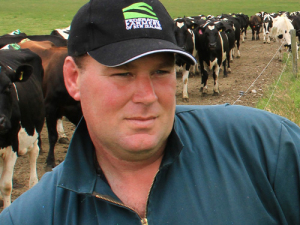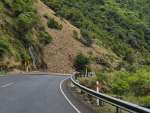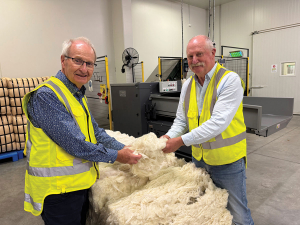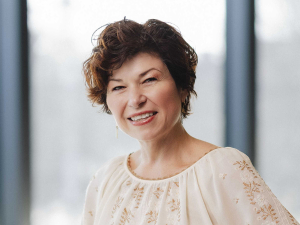Helping some reporters – and the general public -– understand what was going on with the recently released bobby calf video made by Farmwatch was at times frustrating.
I wasn’t happy with some of the coverage, in particular some of my comments being cut-and-pasted and put in the wrong context.
In some cases I was trying to explain my views to reporters who hadn’t even watched the videos. So I want to set the record straight.
Some media combined video from last year with video made this year. My comments were made only about the video covertly filmed in August this year and released in October.
I said last year that I was disgusted by the 2015 scenes that quite rightly ended up with prosecutions in court.
Farmwatch’s recent video showed three scenes of truck drivers loading calves: what appeared to be a farm worker dragging a calf across a paddock by its rear leg, two scenes of farmers in a paddock loading calves into a trailer, a scene of two people on a quad driving up a tanker track with calves in a trailer, and two scenes of dead calves waiting for pickup.
I said I considered the loading of the calves onto trucks to be on the rough side. With mandatory use of loading facilities next year, these sort of scenes should hopefully be a thing of the past.
The calf being dragged was unacceptable handling. If I saw that on my farm I would give the employee in question a severe dressing down, and it’s likely disciplinary action would follow.
About the calves being loaded onto calf trailers in the paddock, those farmers didn’t do anything that I don’t do myself. They carefully placed the calves in the trailers. Any reader who feels differently should let me know.
About the quad towing the trailer, I didn’t see any animal abuse.
WorkSafe might be upset at the two people not wearing helmets but MPI shouldn’t have an issue.
As for the video of the slinks, we all know that despite our best efforts calves will die during calving. None of the calves in the video showed any signs of being euthanised; they had died naturally. It is unfortunately a reality of farming.
If farmers are afraid of putting slinks out for collection, how is that a good thing?
It will result in calves being buried on farms, which is a waste and not the best for the environment.
So while some of the video showed poor and rough handling, the rest was common farm practice. This is an extremely important nuance that has been missed.
To broadly condemn all the video, labelling it all as showing cruelty, would mean condemning the practice of separating calf from mother.
Mashing up video of standard farm practice with examples of cruel or rough behaviour is an attempt to mislead, and portray all farming as cruel. So it is extremely important this nuance is highlighted.
Federated Farmers will always condemn animal cruelty where it occurs.
• Andrew Hoggard is Federated Farmers dairy industry group chairman.


















